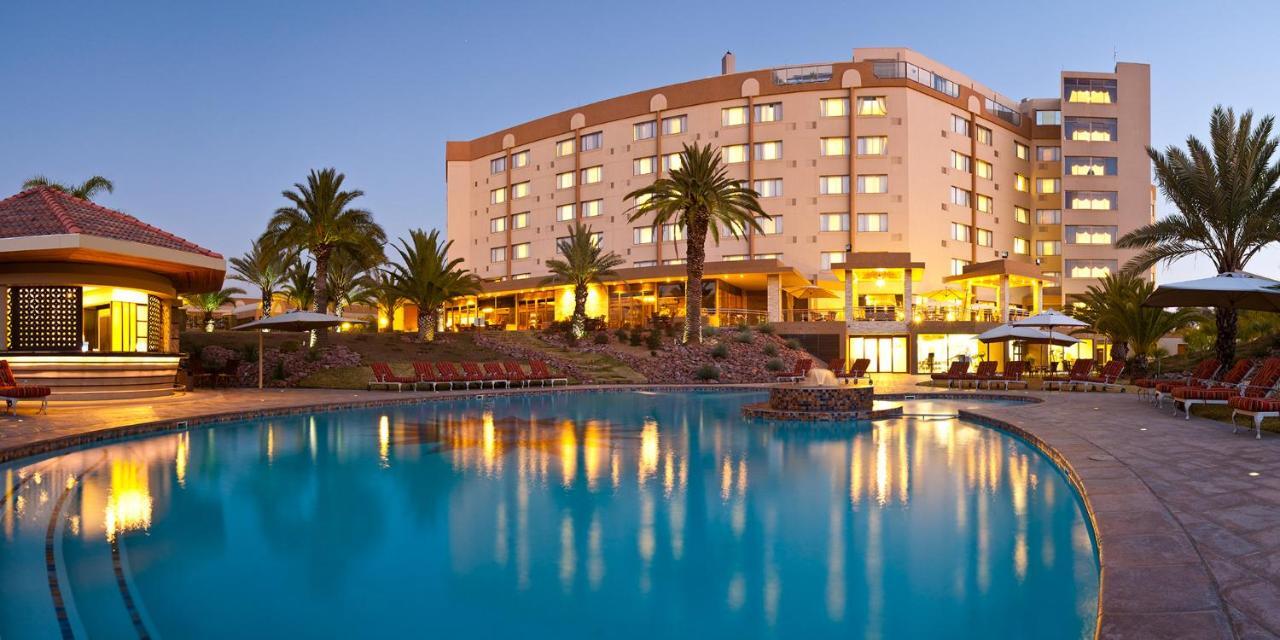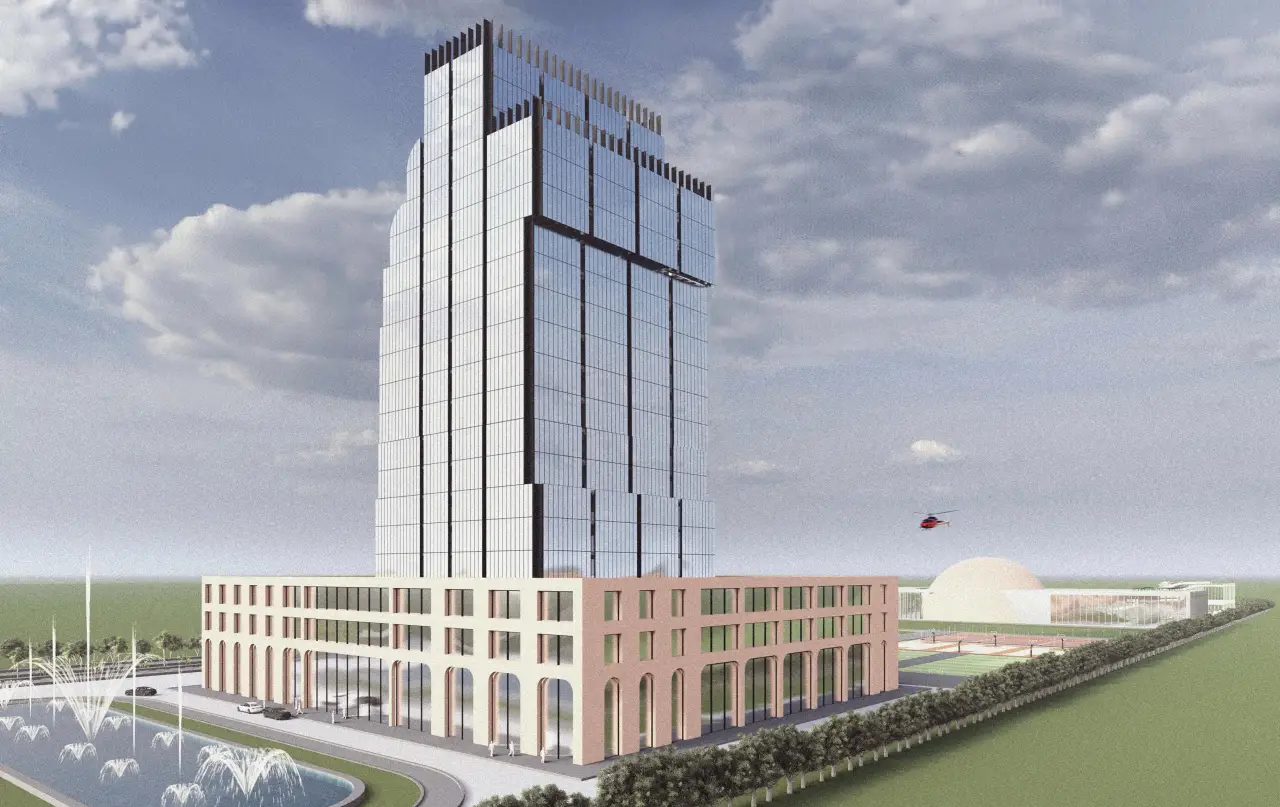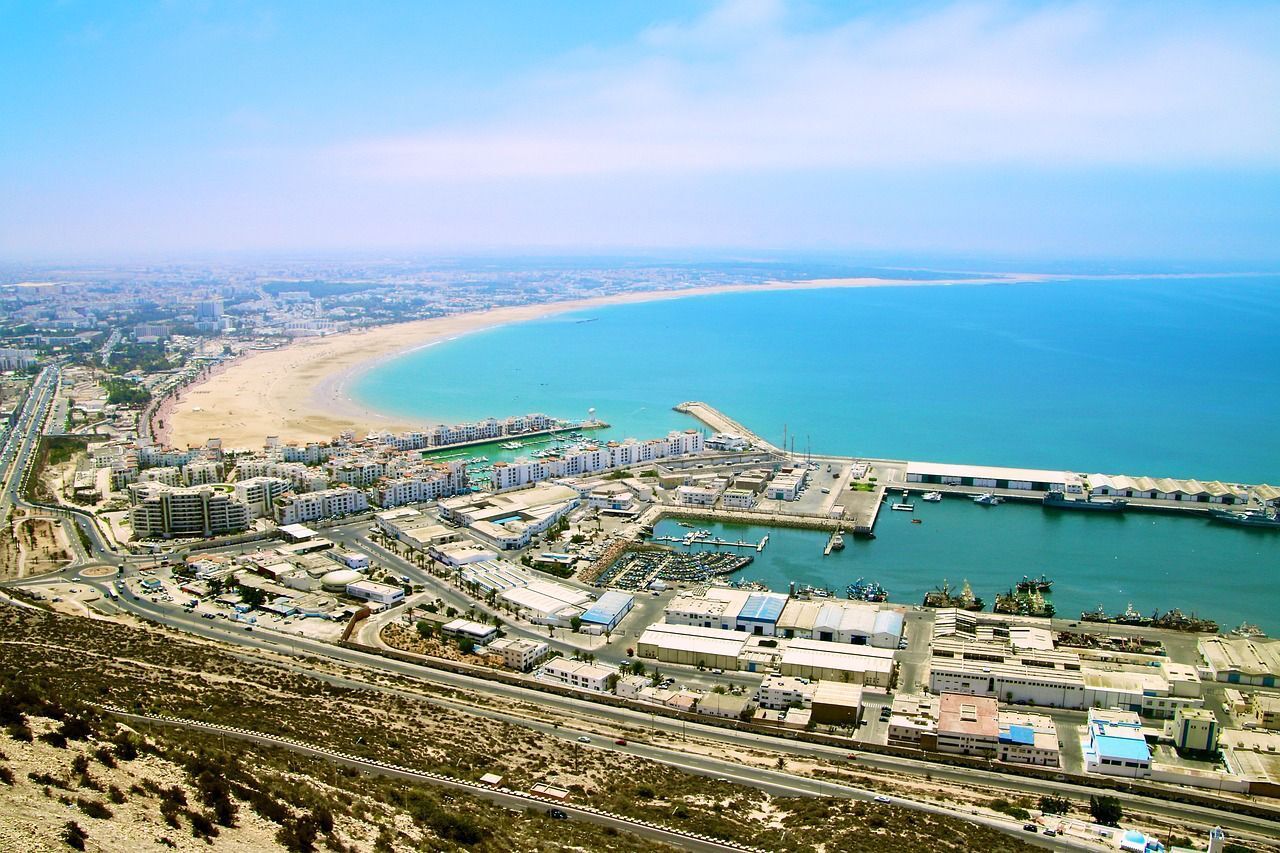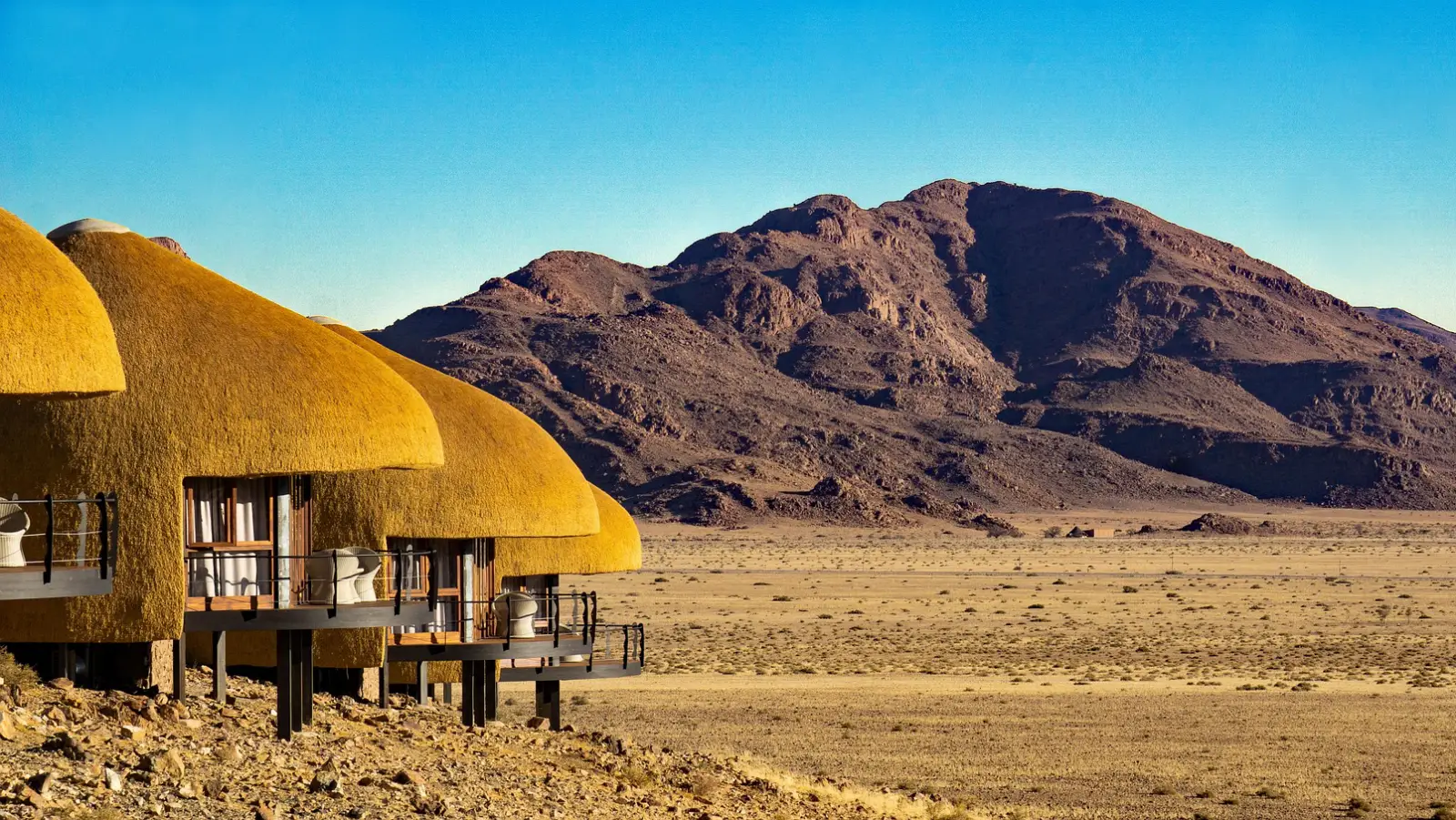The total investable wealth currently held on the African continent amounts to USD 2.4 trillion and its millionaire population is expected to rise by 42% over the next 10 years.
The latest 2023 Africa Wealth Report, published by Henley & Partners in partnership with New World Wealth reveals that Africa’s ‘Big 5’ wealth markets — South Africa, Egypt, Nigeria, Kenya, and Morocco — together account for 56% of the continent’s high-net-worth individuals (HNWIs) and over 90% of its billionaires. There are currently 138,000 HNWIs with investable wealth of USD 1 million or more living in Africa, along with 328 centi-millionaires worth USD 100 million or more, and 23 US dollar billionaires.
Despite a tough past decade, South Africa is still home to over twice as many HNWIs as any other African country, and an impressive 30% of the continent’s centi-millionaires. Egypt takes the prize for the most billionaires, and Mauritius boasts by far the highest wealth per capita (average wealth per person) in Africa, at USD 37,500, followed by South Africa at USD 10,880 and Namibia at USD 10,050.
Some of the fastest growing markets in the world
The 2023 Africa Wealth Report is the continent’s annual benchmark for wealth research and is now in its 8th year, providing a comprehensive review of the wealth sector in Africa, including trends among HNWIs, the luxury market, and wealth management. Andrew Amoils, Head of Research at New World Wealth, explains that “for our purposes ‘wealth’ refers to an individual’s net investable assets (including property, cash, and listed company holdings). Africa is home to some of the world’s fastest growing markets, including the likes of Rwanda and Mauritius.”
In terms of projections, Mauritius is expected to experience the highest wealth growth rate at 75% over the next decade (to 2032). This will make it the fourth fastest growing country in the world over this period in millionaire growth percentage terms, after Vietnam, India, and New Zealand.
Commenting in the report, Louisa Mojela, Group Chairman of the black women-owned investment company, WIPHOLD, says Africa is undoubtedly open for business. “Known as the continent with both the youngest and fastest growing population means that Africa naturally holds the greatest potential for investment prospects. Additionally, having the dubious honor of also being the poorest continent opens up a myriad of opportunities from an investment growth potential point of view. Without doubt, Africa provides the broadest and most fulfilling opportunities for impact investing.”
Wealthiest cities and residential areas
Four of Africa’s Top 10 wealthiest cities are in South Africa — Johannesburg has the most millionaires in Africa, with 14,600, Cairo, in 2nd place with 7,400 resident HNWIs, is just ahead of Cape Town, which has 7,200. Lagos is in 4th position with 5,400 millionaires, and Nairobi is 5th with 4,700. The other two South African cities in the Top 10 are Durban, in 6th place with 3,600 and Pretoria in the 8th spot with 2,400 HNWIs.
South Africa is home to some of the world’s most upmarket residential areas including Clifton in Cape Town, Beachy Head Drive in Plettenberg Bay, and Sandhurst in Johannesburg. According to New World Wealth’s latest figures, there are approximately 3,700 homes in South Africa that are valued at over USD 1 million. By this measure, South Africa ranks as one of the 20 largest prime residential markets in the world, well ahead of the other countries in Africa and in line with big emerging markets such as India and Brazil.
Namibia – Africa’s new frontier
Namibia is expected to be one of Africa’s fastest-growing markets going forward, with high-net-worth growth of over 60% forecast by 2032. The country’s total investable wealth currently stands at USD 26 billion, with 2,100-dollar millionaires. Its recently launched residence by investment offering is likely to attract more high-net-worth investors from across the globe as Namibia has much to offer, including a source-based tax system, which means that foreign residents are only taxed on the income that they generate in Namibia.
Commenting in the report, Catherine Shipushu, Senior Manager at the Namibia Investment Promotion and Development Board, says the country is endowed with abundant natural resources including diamonds, uranium, copper, and gold. “Namibia has one of the largest uranium reserves in the world and is currently attracting global attention with recent discoveries of gas and oil reserves off the coast. With bold ambitions of becoming the sustainable energy capital of Africa, the country’s strategic location and world-class port make it an ideal gateway to over 300 million people in other African markets.”
Investment migration as an innovative financing tool
Dominic Volek, Group Head of Private Clients at Henley & Partners, says more African countries are setting their sights on attracting HNWIs by providing residence and citizenship by investment opportunities that have the potential to transform their economies by injecting essential foreign capital and encouraging sustainable growth. “As wealth grows on the continent, and countries realize the benefits in aiding economic progress, we expect to see investment migration continue to gain ground in Africa in the coming years — not only on the demand side from African HNWIs looking to improve their travel freedom and economic mobility, secure location optionality, and mitigate risk, but also on the supply side, with more and more African countries looking to launch their own investment migration programs to increase the inflow of both capital and talent.”
Commenting in the report, Dr. Areef Suleman, Director of Economic Research and Statistics at the Islamic Development Bank (IsDB) Institute, says when it comes to visa-free access to global economic output, the citizens of African countries and other developing nations with sizable and growing private wealth are at a distinct disadvantage. “More than just a travel document, our passports can define our financial freedoms regarding access to international investment and business opportunities. Investment migration is attractive to investors who intend to maximize and stabilize their profits by diversifying their activities across more reliable economies, making this kind of investment a form of insurance against global volatility.”













